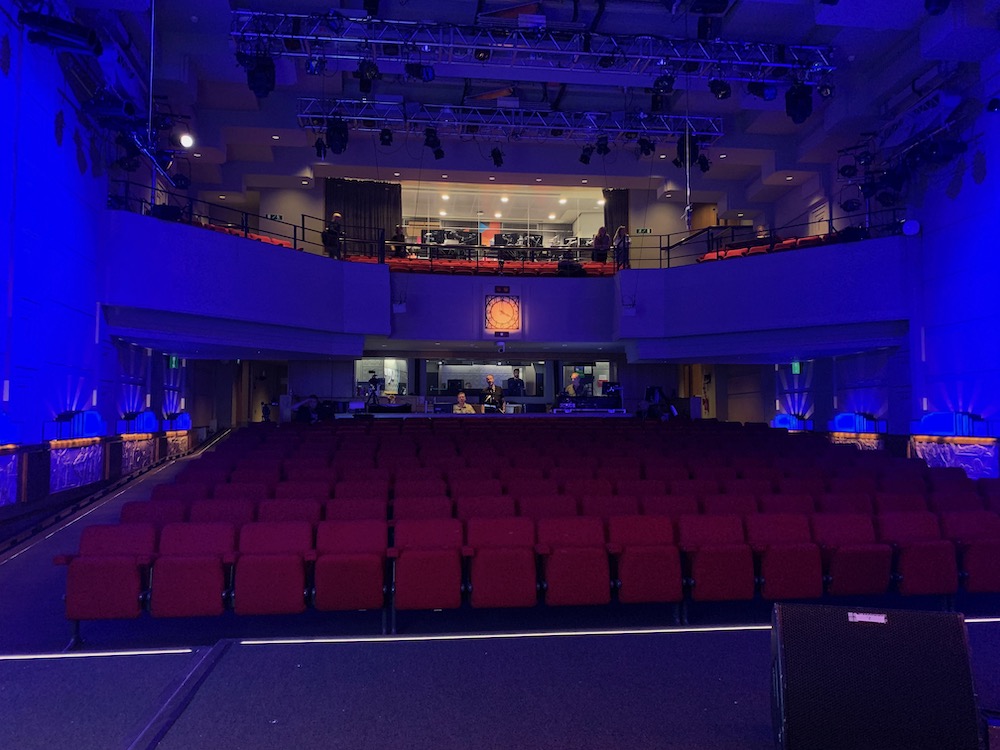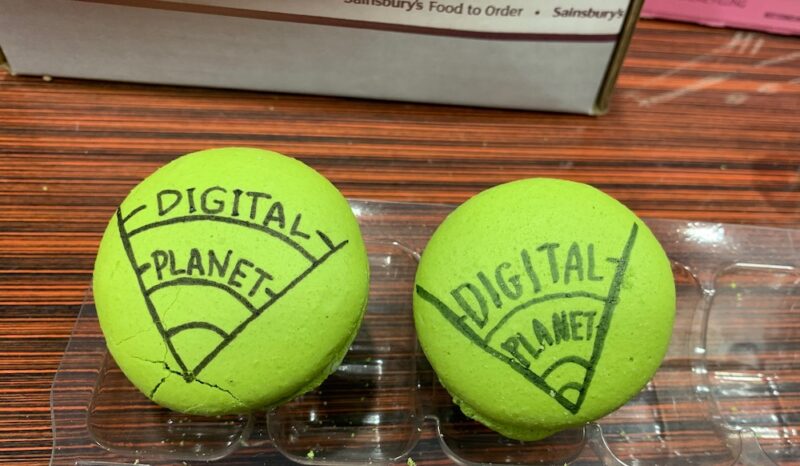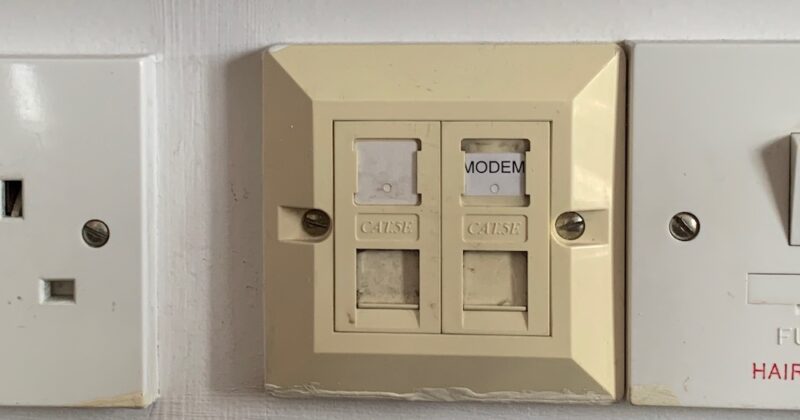Early in 2001 I was a freelance journalist, writer and speaker, doing my best to help people understand the internet and how it was transforming the world, and arguing that it should be reshaped to be supportive, humane and regulated to serve public rather than purely private interests. I was writing for The Guardian, The Register and The Times, editing supplements for The New Statesman, and speaking at events around the world. I published pamphlets for the Cooperative Party, advised think tanks and governments on tech policy, and tried to ensure that the people whose lives were most affected by technology both understood it and had a way to influence its development.
I had been appearing regularly on The Big Byte, a radio show on the BBC’s news and sport network Radio 5, where I reported the week’s technology news. The team of presenters and producers included Gareth Jones, Jem Stone, Violet Berlin, Quentin Cooper, producer Neil George, and a young producer called Gareth Mitchell. They were all great to work with and we had an excellent time going out live from a basement studio in Broadcasting House every Sunday lunchtime.

As well as the Big Byte I was regularly invited to be the ‘person who understands tech’ on other shows, like Outlook and You and Yours, and as the net became more important there were more opportunities to sit down with presenters like Sean Rafferty or Jeremy Vine and explain what was going on, or to be a calming voice for one of Rory Cellan-Jones’ packages on the six o’clock news.
So it wasn’t surprising when I was asked if I’d help out with a planned new show for the BBC World Service that was going to focus on technology and its impact on people’s lives rather than breathless reports about the latest shiny toy available in the shops.
Continue reading
